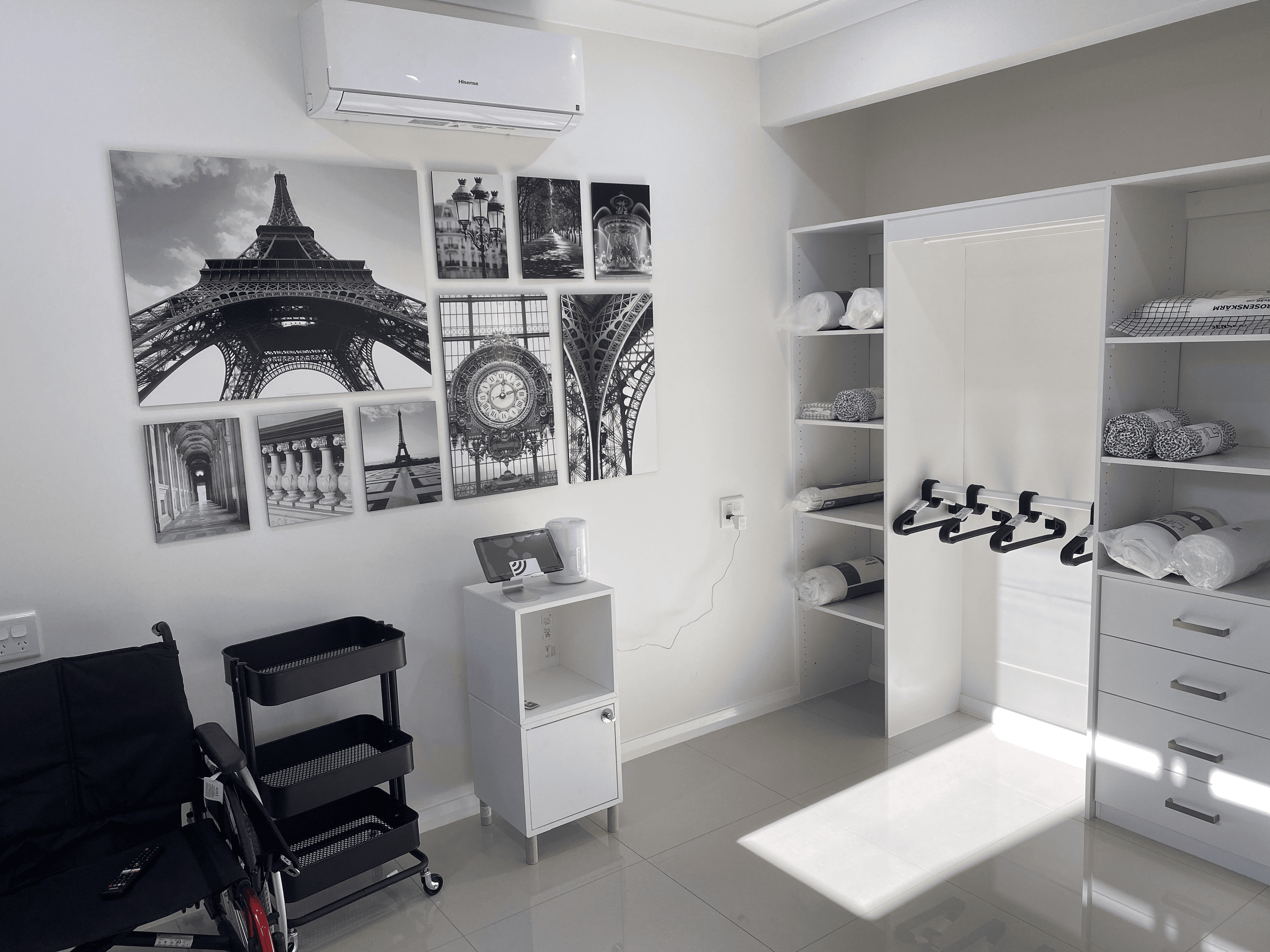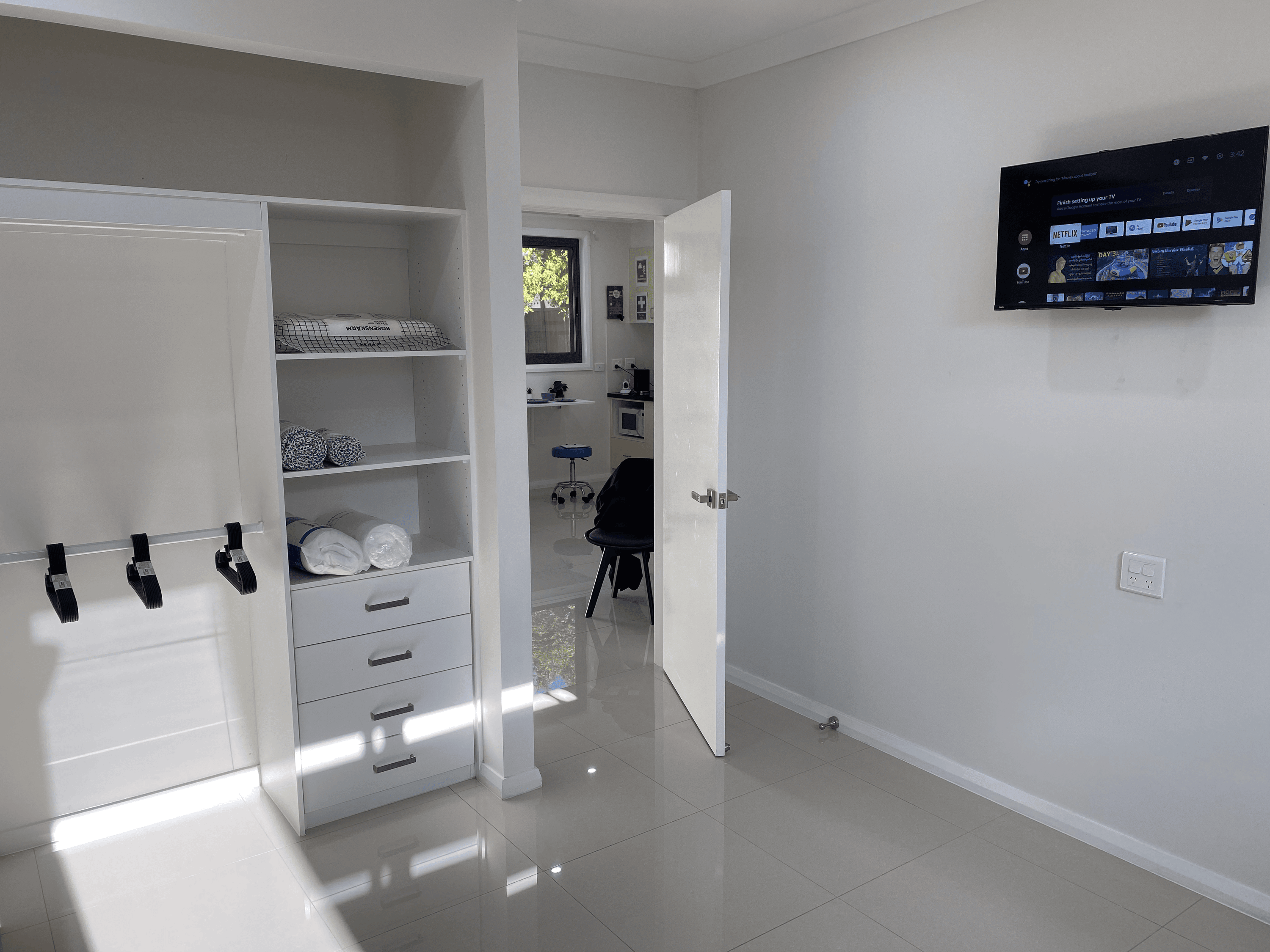Exploring tailored accommodation supports under the NDIS to empower people with mental health challenges.

Introduction: The Role of NDIS in Mental Health Housing
Stable housing plays a vital role in mental health recovery, yet many Australians living with psychosocial disabilities struggle to find accommodation that meets both their support needs and personal goals.
Thankfully, the National Disability Insurance Scheme (NDIS) offers several housing and living supports designed to improve independence and wellbeing.
1. Supported Independent Living (SIL)

SIL is one of the most common NDIS housing supports for people with psychosocial disabilities. It provides help with daily tasks like cooking, cleaning, and medication management within a shared or individual living arrangement. SIL is best suited for individuals who need regular, ongoing assistance to live independently.
2. Specialist Disability Accommodation (SDA)

SDA is designed for people with extreme functional impairment or very high support needs. These homes are built to meet specialist design requirements and are often located near essential services. While not everyone with a psychosocial disability qualifies, those who do may benefit from purpose-built environments that prioritise safety, comfort, and autonomy.
3. Individualised Living Options (ILO)

ILO is a flexible model that supports participants to design a unique living arrangement tailored to their preferences—whether that’s living with a host family, in a shared house, or independently with support. This option is ideal for those who value choice and want to live in a less structured environment than SIL or SDA might offer.
4. Medium-Term and Short-Term Accommodation

NDIS also funds Short-Term Accommodation (STA) and Medium-Term Accommodation (MTA) for people who need temporary housing. This can be helpful during transitions (e.g. after a hospital stay or before a long-term arrangement is ready), or to give carers a break. These options are essential stepping stones to long-term stability.
5. Community Housing and Mainstream Options
Not all NDIS participants need highly specialised housing. Some can live independently with support while renting from a private landlord or through community housing. The NDIS can fund tenancy support, capacity building, or home modifications to make these mainstream options accessible and sustainable.
Conclusion: Finding the Right Fit
Image Suggestion: A support worker and client discussing housing options over paperwork.
NDIS housing is not one-size-fits-all. For people with psychosocial disabilities, the right solution depends on individual needs, goals, and preferences. With the right information and advocacy, participants can access a home that supports not just their recovery—but their future.
We’re here to help. Whether you need support gathering reports, finding providers, or navigating the NDIS system, get in touch with our team. Let’s work together to help you find your perfect home.
Looking for SDA Accommodation?
We’re here to help. Whether you need support gathering reports, finding providers, or navigating the NDIS system, get in touch with our team. Let’s work together to help you find your perfect home.
Our team At Ausnew Home Care is here to assist you in finding the perfect living arrangement that supports your independence and well-being.


